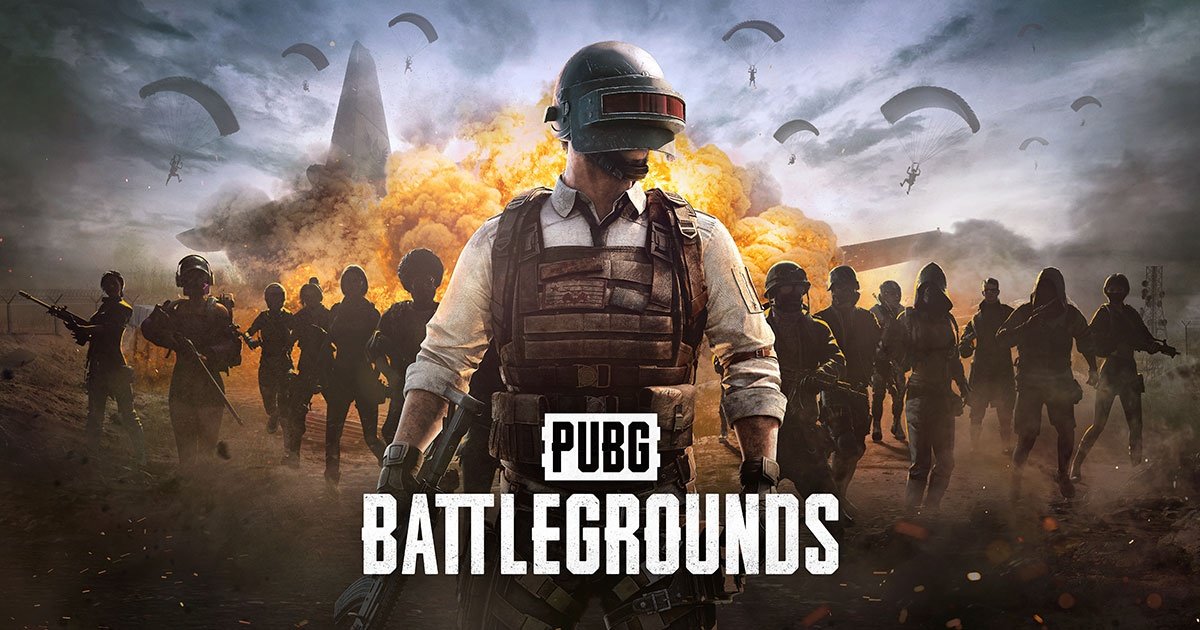Pakistani esports teams have been finding it difficult to compete on a global scale, especially in the most popular games, PUBG and Free Fire.

Pakistani esports teams have been finding it difficult to compete on a global scale, especially in the most popular games, PUBG and Free Fire. This is despite Pakistan’s success in Tekken, which has been played all over the world.
Top Tekken players and gamecasters from all over the world participated in the “Takedown” event, which was held in May at the Expo Center in Lahore. Thousands of people attended the event, which was broadcast globally.
Pakistan’s Free Fire and PUBG scene remains dull despite tech giants bringing the games to the country in 2019. Despite massive promotions and guest appearances by sports stars, celebrities, and influencers, casual gamers have grown exponentially. However, professional esports teams have not reached the level set by Tekken.
Pakistani esports is behind in the region due to a lack of professional approach and fewer sponsors for games beyond Tekken. Muhammad Ali ‘Dowdy’, the face of Free Fire in Pakistan, believes the community needs more professional sponsors to grow.
Tekken players have numerous sponsors, including Red Bull, FATE Esports, and vSlash Esports. However, shooting games like Free Fire, PUBG, and Valorant lack such support.
Companies like Mountain Dew struggle to achieve desired results due to casting their nets too wide. Free Fire and PUBG developers, including Garena, KRAFTON, and Tencent Games, sponsor most teams and tournaments in Pakistan.
In an advertisement from the previous year, PUBG featured spinner Shadab Khan and Pakistan cricket captain Babar Azam. Local language packs were added by PUBG’s developer, KRAFTON.
Despite promotions, Pakistan’s casual gaming and digital content creators have not significantly impacted professional gaming. Some players are more interested in growing their social media platforms, as live streaming can be more expensive than competitive gaming.
Most players in Pakistan are around 20 years old, despite the excitement of the youth. Parents struggle to convince their children of esports’ future potential, as they prioritize careers like medicine or engineering over esports.
The Free Fire team, which won the 2022 national championship in Pakistan, was refused a visa to attend the Thailand regional finals because they had to apply privately and COVID-19 regulations were still in effect, supporting his belief that the Pakistani government has a role to play in promoting esports as a viable career option and in facilitating travel for tournaments in other countries.
The then-information minister of Pakistan declared in 2021 that the nation would establish esports and would treat video games like regular sports, with state support for visas and competitions.
Although there have since been plans to do so, the Sports Federation of Pakistan claims that these ideas have still not been implemented, leaving professional gamers in a state of uncertainty.
Baaz, a Pakistani startup focusing on gaming and visas, organized the global broadcast Takedown event in May. The event was entirely Tekken-based. CEO Danyal Chishty aims to tell a story, build a brand, and enter the mainstream, not to become another organizer or sponsor.
512 players participated in Takedown, including 12 from South Korea, the Philippines, the UK, and Germany. The winner received a challenging Rs 2 million.
Chishty, who is also filming a documentary about professional fighting game players in Pakistan, claims that the only way to guarantee consistent income in esports is to make players into marketable brands.
When he was a student in the States, “I used to manage esports tournaments,” he said. “Arslan Ash [winning the Tekken championships in Tokyo and Las Vegas] was [a big deal] in 2019. That informed me that gaming is very popular at home.
Arslan ‘Ash’ Siddique won the first major fighting game trophy for Pakistan, claiming the title in Japan in 2023. Atif Butt, his protégé, also won the Tekken World Tour in The Netherlands.
Pakistan’s gaming has evolved from coin arcades to digital platforms, with mobile technology accessible to over 80% of the population. With a median age of under-20, Pakistan has yet to surpass Bangladesh and Nepal in PUBG competition.
Tanveer Hanif, a PUBG manager, emphasizes the challenge of keeping young players in competitive esports. He manages AGONix8, the top-ranked Pakistani PUBG team, sponsored by Tencent Games.
After losing three players in the spring league, Hanif faces the challenge of keeping young players together. The team faces financial challenges, tournaments, and qualification to the; South Asian majors and the Middle East.
In Pakistan’s last two seasons of the PUBG Mobile Championship, winners received Rs2.8 million, while runners-up received half of that sum. It can be difficult to follow the professional PUBG teams’ schedule, though.
In the winter of 2022, Pakistan’s national Free Fire and PUBG championships offered a combined prize pool of about Rs 10 million. The managers who oversee the squad and the 16 teams, each of which has 5-7 players, share this funding. Hanif thinks it will be simpler to persuade talented individuals to continue in professional gaming if there are more sponsors and stable sources of income.